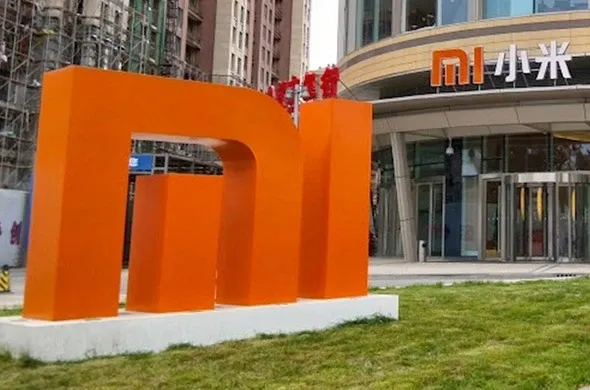EDPB Says ‘Consent or Pay’ Models Should Offer Real Choice
The European Data Protection Board pressed large online platforms to give users free options without targeted ads.

The worst may be over for Xiaomi, according to Bloomberg. The Chinese smartphone maker has resumed growth and global revenue should surpass $15 billion this year as an expensive gamble on India pays off, billionaire co-founder Lei Jun said. After spending $500 million in India since its debut two years ago, he pledged another investment of that size over the next three to five years.
Xiaomi’s had a challenging few years but its business is once again expanding at a healthy clip, Lei said in an interview. He expects to double revenue in India this year to $2 billion. Beyond hardware, the company chalked up $1 billion of revenue in 2016 via the 10 million-plus active users of its suite of mobile apps and services, he added. Lei is betting India holds the key to rejuvenating Xiaomi, a brand that once ruled the roost in China but has since been eclipsed by local rivals.
India is Xiaomi’s most important overseas market, a springboard for its long-envisioned global expansion. It’s now getting behind “Make in India“ initiative. Xiaomi joins a growing list of foreign names, from Huawei to Lenovo, putting their phones together in the country. For now, that mainly consists of assembling semi-knocked-down phone kits rather than the end-to-end manufacturing China’s known for.
Xiaomi has built a second manufacturing plant with partner Foxconn in Andhra Pradesh, and they say it can crank out one smartphone per second. The company will create 20,000 jobs over the next three years, Lei said during an economic forum in New Delhi. The billionaire is already talking of a third India plant to sate demand.
“In the next two years we want more and more influence in India,“ Lei said. “We want to take more risks in India. But we want to take controlled risks.“ That includes boosting production closer to projected demand, moving away from its traditional reliance on flash sales to maintain scarcity.
Xiaomi’s success in India came despite a lack of progress in key areas like Europe, the U.S. and South America. Its drive into the Asian country was spearheaded by former international head Hugo Barra, who left for Facebook in January as Xiaomi’s global expansion stalled. It pulled out of Brazil a few months back, while Huawei is the dominant Chinese brand in developed markets like Europe. Barra once said Xiaomi was prepared to enter the U.S. market, though for now it only sells ear buds and power banks to Americans. Its overseas expansion will now mainly focus on emerging markets such as eastern Europe, Russia and Southeast Asia, including Vietnam.
While new products require spending on marketing and research, Lei said Xiaomi for now didn’t need to raise additional capital. He also wouldn’t address persistent speculation about an initial public offering down the road. “We have more than enough cash,“ he said.